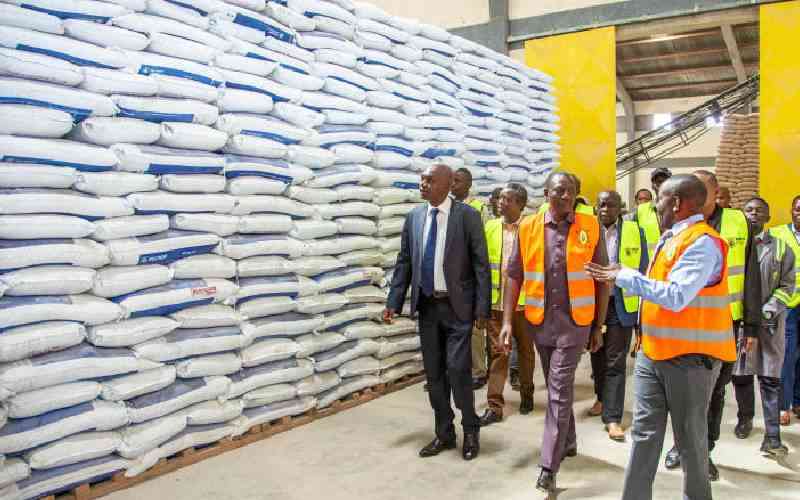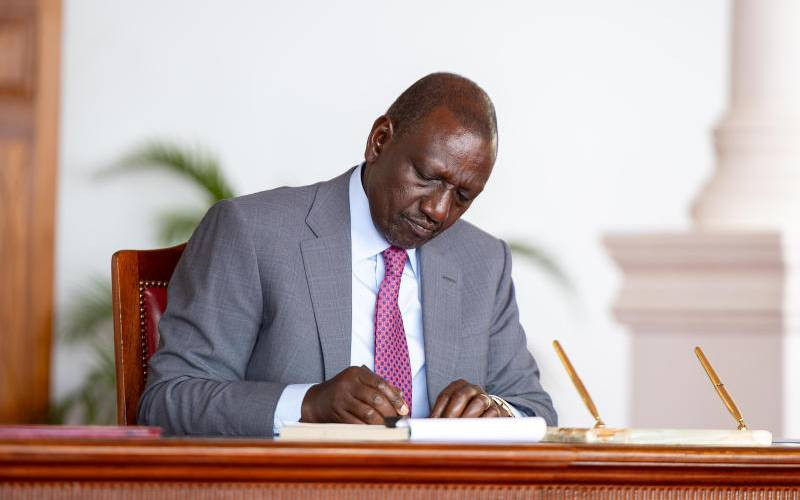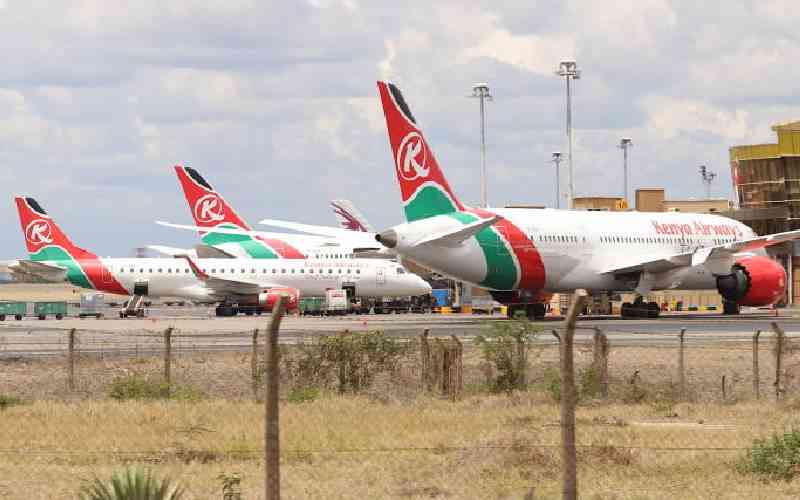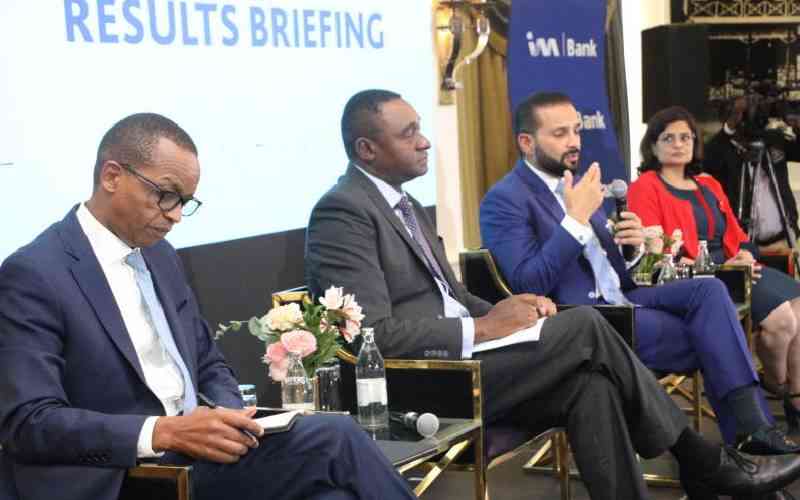
The debate between organic and inorganic fertilisers is often unnecessarily polarised.
Yet, in reality, plants absorb nutrients in their elemental forms, regardless of their source.
Dr Innocent Okuku, the lead coordinator, the Pan-African Fertiliser Association (PAFA), says social advocates who push for one type of fertiliser lose sight of what is truly needed.
To him, solving Africa’s food crisis sustainably requires a balanced use of both organic and inorganic fertilisers. The real conversation, he says, should be how to use both organic and inorganic inputs in a complementary way to benefit the continent’s soils and crops.
“Organic materials play a critical role in improving soil health and structure-but they alone cannot supply the volume of nutrients crops need. Inorganic fertilisers, on the other hand, can deliver those nutrients efficiently. When used together, they create a balanced system that supports productivity and sustainability,” says Dr Okuku, who is also the vice-president and coordinator for programmes and partnerships of the West Africa Fertiliser Association, an umbrella for all private sector players in the fertiliser industry operating within the Economic Community of West African States (Ecowas) region.
He spoke during the recent launch of PAFA in Nairobi, attended by various industry stakeholders.
The lobby aims to bring together industry players, including producers, importers, distributors, agro-dealers and retailers, across the value chain to speak with one voice, ensuring unified and coordinated input into both continental and national policy forums.
The meeting, convened by Dr Okuku in collaboration with the Fertiliser Association of Kenya (FA-K), with support from the International Fertiliser Development Centre (IFDC), seeks to promote food self-sufficiency and enhance economic resilience across the continent.
Dr Okuku regretted that Africa currently imports over $30 billion (Sh3.8 trillion) in food annually, despite abundant arable land, manpower, and potential, which is both unsustainable and economically unproductive.
He explained: “Coordinating efforts to improve soil health and fertiliser uptake-both inorganic and organic-will raise crop yields, reduce dependency on imports, and accelerate the continent toward surplus production and export potential.”
Dr Lilian Wanjiru, chief executive, FA-K, lauded the association, saying it would establish strong structures that unify the fertiliser private sector across Africa.
“The association is set to create a continental platform that gives voice to the private sector, aligning its efforts with policy advocacy, sustainable soil health, and fertiliser practices,” Dr Wanjiru said.
She explained that historically, the Non-Governmental Organisation (NGO) and research sectors have dominated the soil health agenda with better coordination, while the private sector’s role and investments have gone underrecognized due to fragmented efforts and siloed communication.
Stay informed. Subscribe to our newsletter
“The association provides a unified voice to influence favourable policies, promote balanced fertilisation, drive innovation and sustainability in fertiliser use and improve coordination and amplify the sector’s contributions to food security,” said Dr Wanjiru.






